Dar Al Salam School, a private school in central Damascus, has a co-educational primary school section and a girls high school. Its principal and the majority of its staff are women.
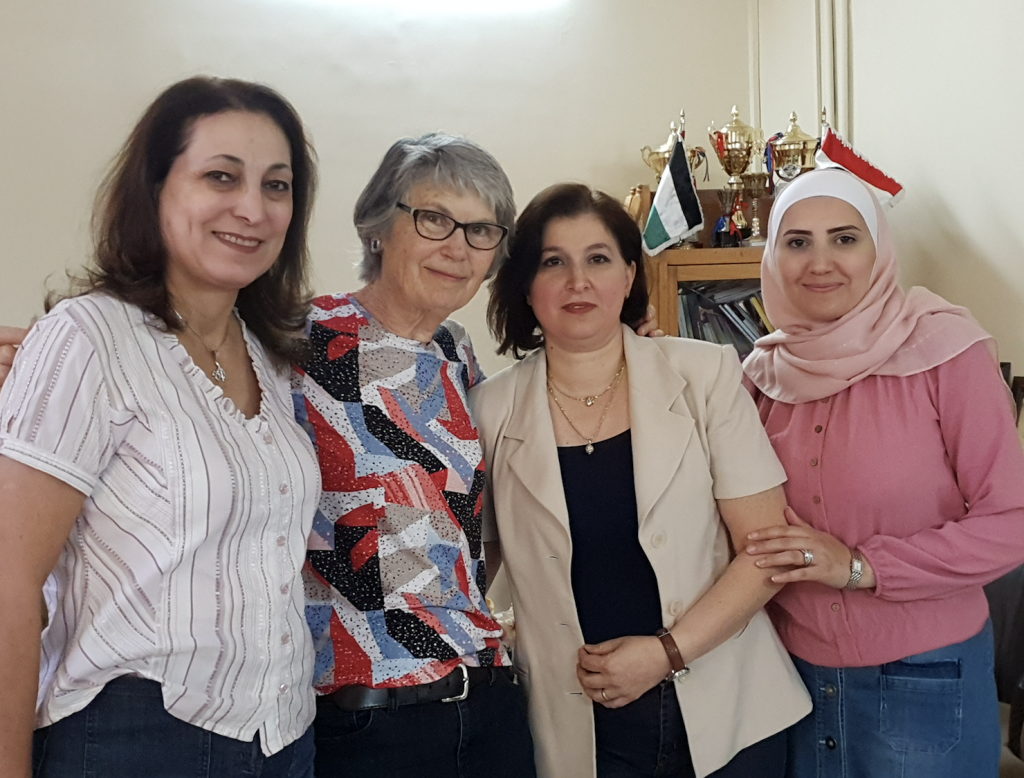
I heard from a friend whose niece attended the school that it has a very good reputation.
I visited the school on 23 September 2019 to meet Nisreen, or ‘Teacher Nisreen’ to her students. I was in Damascus to represent ‘Beloved Syria’, hoping to interview women, to present their voices.
Nisreen teaches English to years 9, 10 and 11. She appears to be a devoted teacher.
Dar Al Salam School was built in the 1930s. Nisreen said, “It’s like a monument. I love it.”
Originally part of it was a church and part of it accommodation for nuns. There is still a section of the building that houses nuns, but the school itself receives students from all faith backgrounds. Although its bells no longer ring on a Sunday, other church bells in the area still do.
Nisreen explained that teachers at the school face “normal difficulties teachers everywhere deal with … but the teachers in Damascus also faced different difficulties because of the crisis, which, hamdillah (thank God), is finished now'”.
I asked Nisreen how the internet and social media impacted the lives of students.
Many times my students hear about things that I had never heard about before because they learn about it on the social media or internet. Not everything is good for them; some things are bad for them.
War has brought radical change for everyone in Syria. Nisreen, a single mother, speaks about the changes it has brought to the lives of women.
I found that instinctively women were focused on sustaining the family and community. They have this role. so they always try to keep their family fed, healthy; keep them together. They try to support the men, to be with them, side by side. But through the crisis, overnight, let’s say, she found herself alone. She is the only breadwinner because she has lost her husband, father, (and/or) sons. So she has to face this kind of problem.
But I found Syrian women are strong women. She doesn’t give up. She keeps going. She keeps going to work, keeps helping her family, taking care of her children. She knows how to deal with these problems when she loses the men (in her life).
We have lost a lot of men in the crisis so all the responsibly is on the shoulders of the women.
We as teachers, especially women teachers – because a lot of the male teachers went to military service – have the biggest brunt of the crisis because we are responsible for the (new) generation; we are responsible for the children who will build the country in the future, so our role was not that easy. We have to be strong to teach them how to be strong. We have to be decisive to teach them that learning is an essential platform for protection.
At the same time we have to be merciful, tender, to help them forget what they have lost. Some of them have a lot of problems in their families: they have lost their father, their home. So our job was a difficult one.
I knew that mortars from an outlining suburb had hit a cafeteria at Damascus University, not too far from Dar Al Salam School. More than a dozen students had lost their lives. Also, I had seen a BBC report about a school bus being hit by a mortar; it killed the driver and four children on the bus. Hence, I was interested to know if Dar Al Salam School had been hit.
Speaking about our school, as I told you our school is in the centre of Damascus and it was targeted by the mortar shells several times and the playground was hit by bombs. There are many important government offices around the school. But sometimes the terrorists want to hurt the people who are in the city, in parts that are safe places. Although we are in a safe place compared to parts of the countryside, many times they could reach us with mortar shells.
I saw the fear in the children’s eyes, the fear in their parents when they come to see them.
But I think what will surprise you was that the next morning after this ‘stormy day’, we just woke up, got dressed and came to our school. The students also came. We talked to them about the day before in a ‘funny’ way; and we continued.
I have found that the Syrian women, the Syrian teachers, can give lessons not only to the students but also to the whole world because we are really strong and we can face all these difficult and bad things.
There is one important idea to add and that is that we have always had that responsibility towards our children to grow in them the love for our country. During the crisis, the children, the students, the teenagers, were confused. ‘What is happening? Is that good or bad?’ So one of our roles as teachers (was critical), and you know students always listen to their teachers, and they are always convinced by their opinions. So we keep telling them, ‘Don’t forget that this is our country. We won’t leave it. This is Syria, and we work for Syria. You are studying now to build it in the future. These are only bad days. It will change in the future to bad memories, but it will change.’ Yes, we try always to grow in the children the love to their country.
Susan Dirgham
Editorial Team, ‘Beloved Syria – Considering Syrian Perspectives’
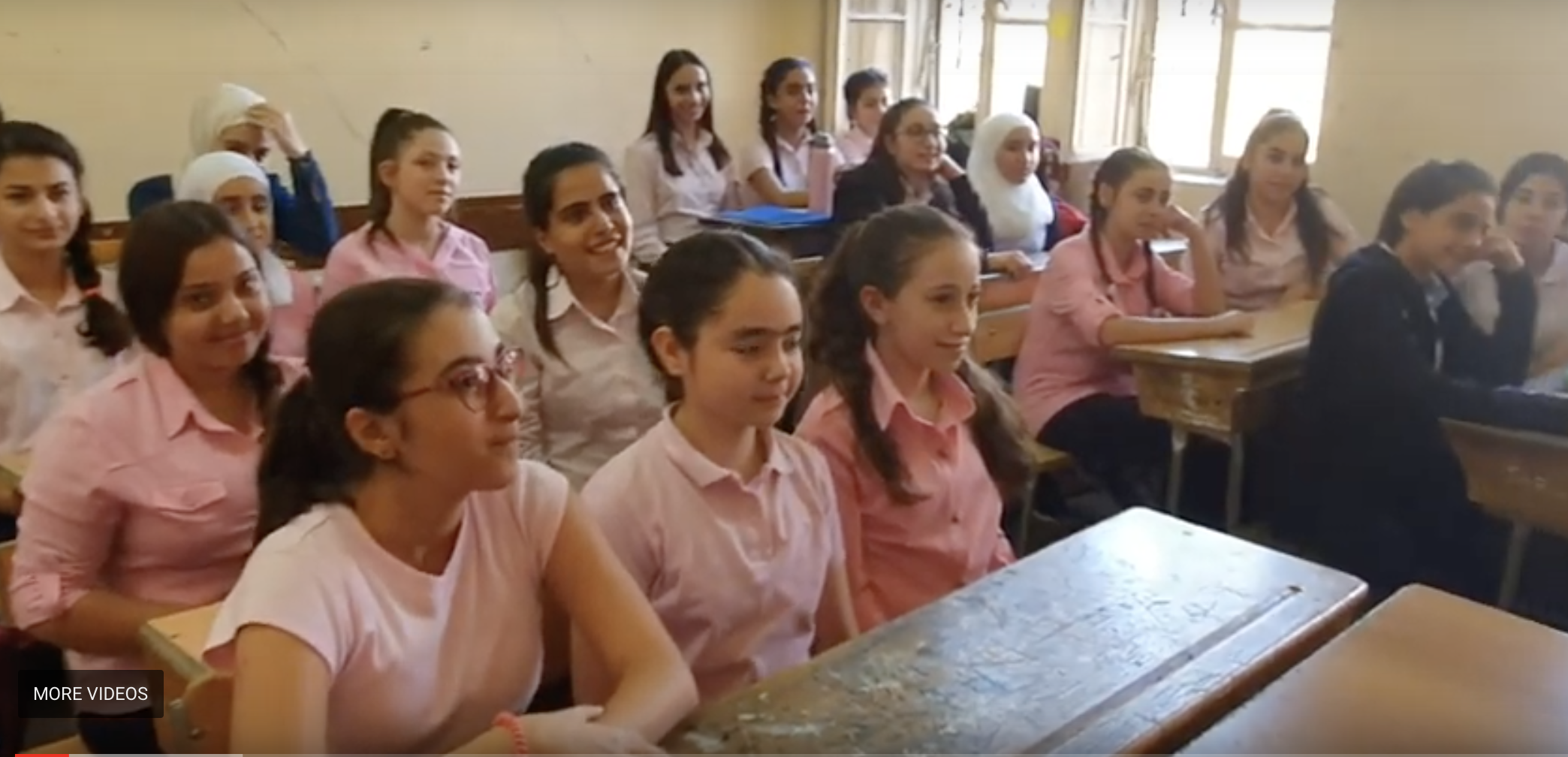
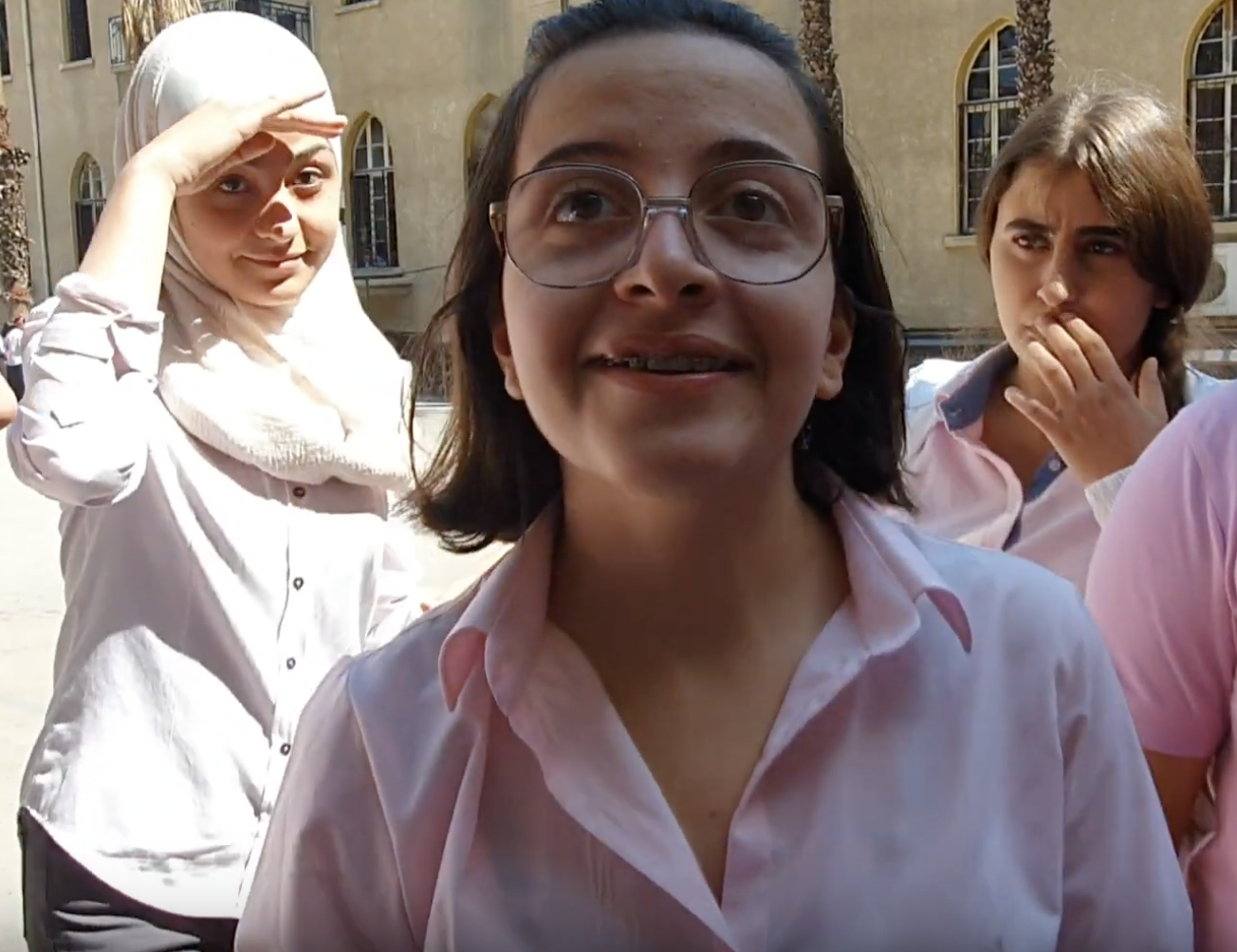

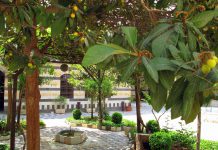
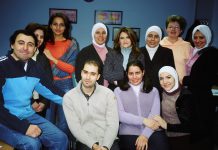
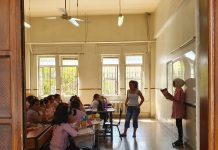
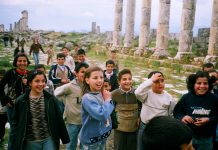

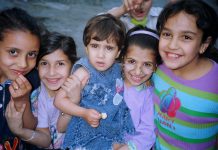



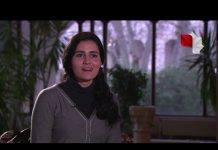
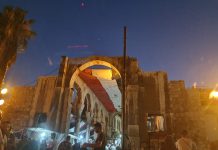


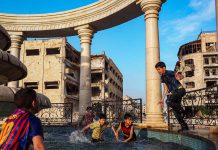
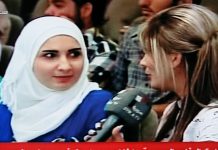


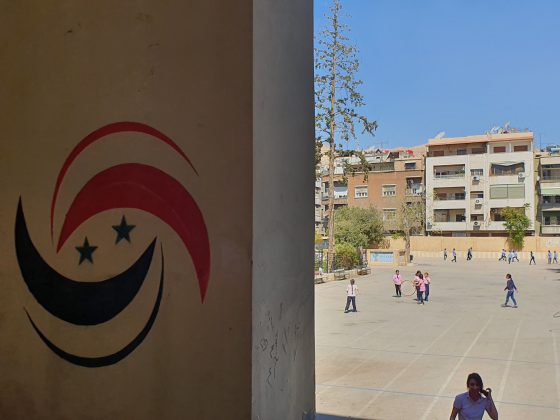
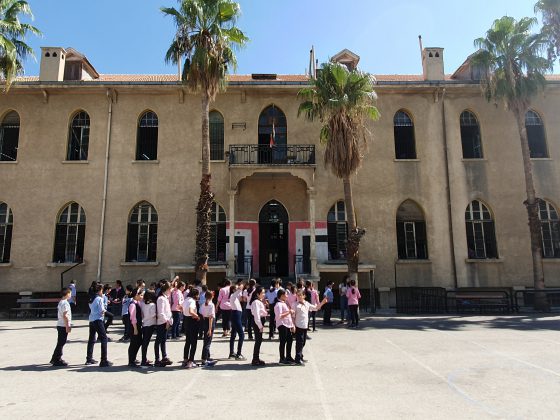
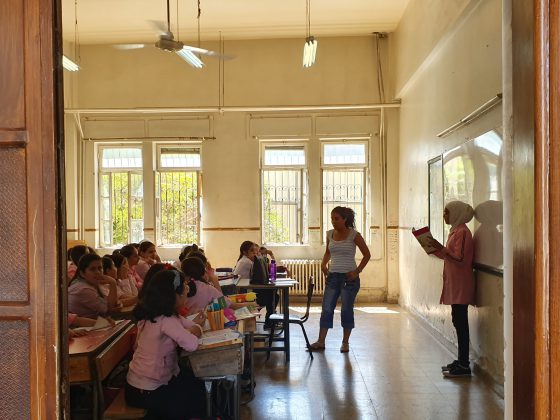
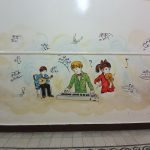
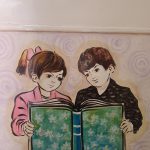
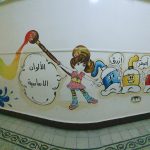
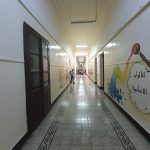
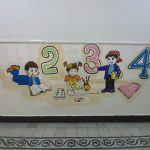







[…] I had gone to Dar El-Salam School to interview ‘Teacher’ Nisreen, who is featured in a previous post on ‘Beloved Syria’: “Responsible For The Children Who Will Build The Country” […]
[…] school in Damascus, close to where I used to work. Open to students from all faith backgrounds, Dar Al Salam School had once been a church and a home for nuns. In the years that I lived in Syria (2003 to 2005), […]
[…] school in Damascus, close to where I used to work. Open to students from all faith backgrounds, Dar Al Salam School had once been a church and a home for nuns. In the years that I lived in Syria (2003 to 2005), […]